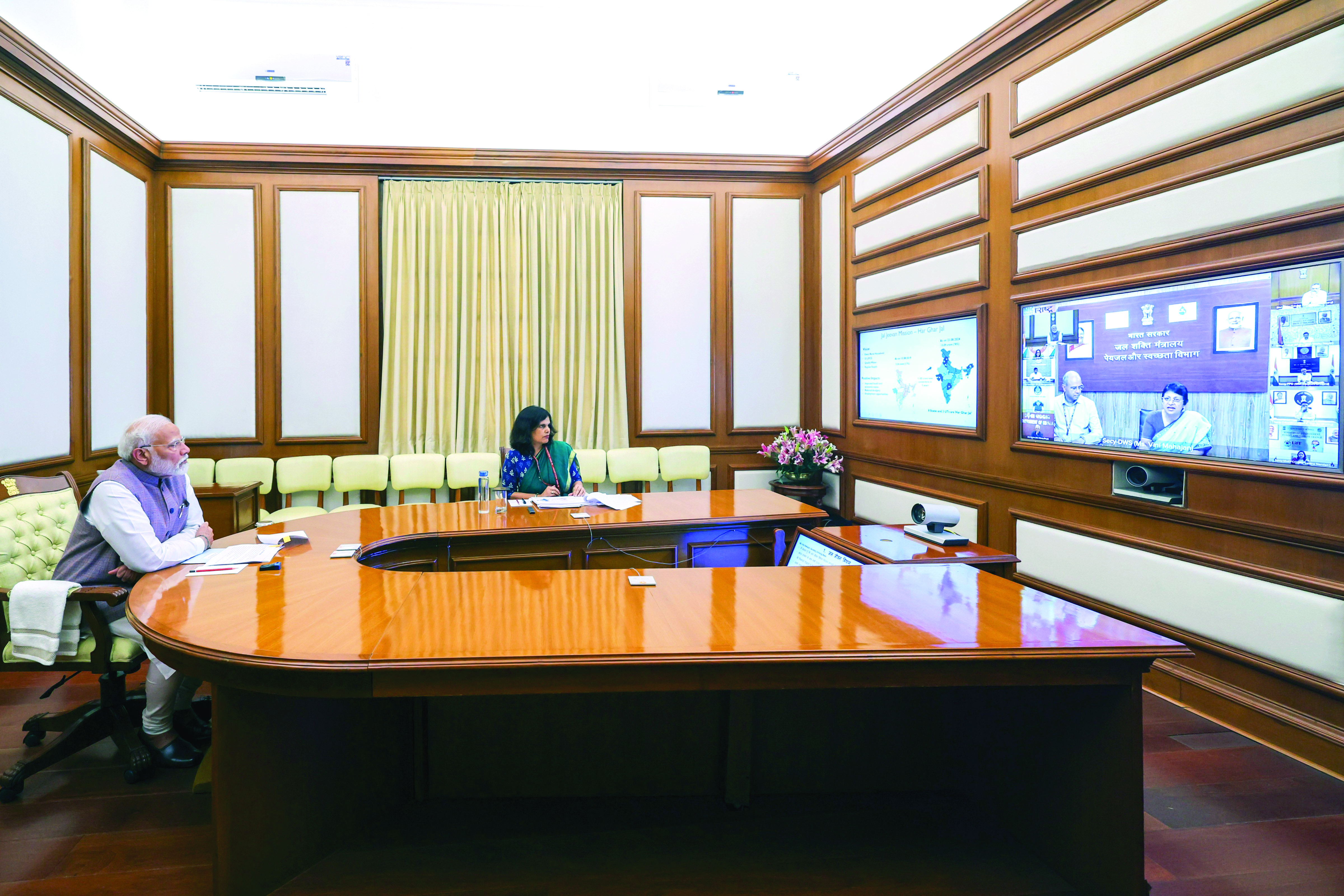PM reviews 7 key projects worth Rs 76,500 cr across 11 states & UTs

New Delhi: Prime Minister Narendra Modi on Wednesday chaired a PRAGATI meeting to review the progress of seven key projects, spread across 11 states and Union Territories, having a cumulative worth of around Rs 76,500 crore, his office said.
Prime Minister Modi emphasised the fact that every official in the government, at Central or State level, must be sensitised about the fact that delay in projects not only leads to cost escalation but also deprives the public of the intended benefits of the project, the Prime Minister ’s Office (PMO) said in a statement.
Prime Minister Modi on Wednesday chaired the meeting of the 44th edition of PRAGATI, the ICT-based multi-modal platform for Pro-Active Governance and Timely Implementation, involving the Centre and state governments. This was the first meeting in the third term.
Seven significant projects, including two projects relating to road connectivity, two rail projects and one project each of the Coal, Power and Water Resources sectors, were reviewed in the meeting, the statement said. The cost of these projects totalled more than Rs 76,500 crore and relate to 11 states and UTs -- Uttar Pradesh, Uttarakhand, Jharkhand, Maharashtra, Rajasthan, Gujarat, Odisha, Goa, Karnataka, Chhattisgarh and Delhi.
Prime Minister Modi said that the ‘Ek Ped Maa ke Naam’ campaign can help safeguard the environment while undertaking project development.
During the interaction, the Prime Minister also reviewed AMRUT 2.0 and public grievances related to the Jal Jeevan Mission. These projects together inter-alia address water issues in the urban and rural areas. Prime Minister Modi emphasised that water is a basic human need and quality disposal of grievances at the district level as well as state level must be ensured by the state governments, according to the statement.
The PM reiterated conduct of the Water Resource Survey at the district level and emphasised source sustainability, it said. Prime Minister Modi also advised the chief secretaries to personally monitor the works under AMRUT 2.0 and that states should make plans keeping in mind the growth potential and future needs of cities.
He said that while making drinking water plans for cities, peri-urban areas should also be kept in mind because with time these areas also get incorporated into the city limits. Reforms in urban governance, comprehensive urban planning, urban transport planning, and municipal finance are critical needs of the hour, given the rapid urbanisation in the country, he said.



